Xi Jinping: The Leader Shaping China's Future
Introduction: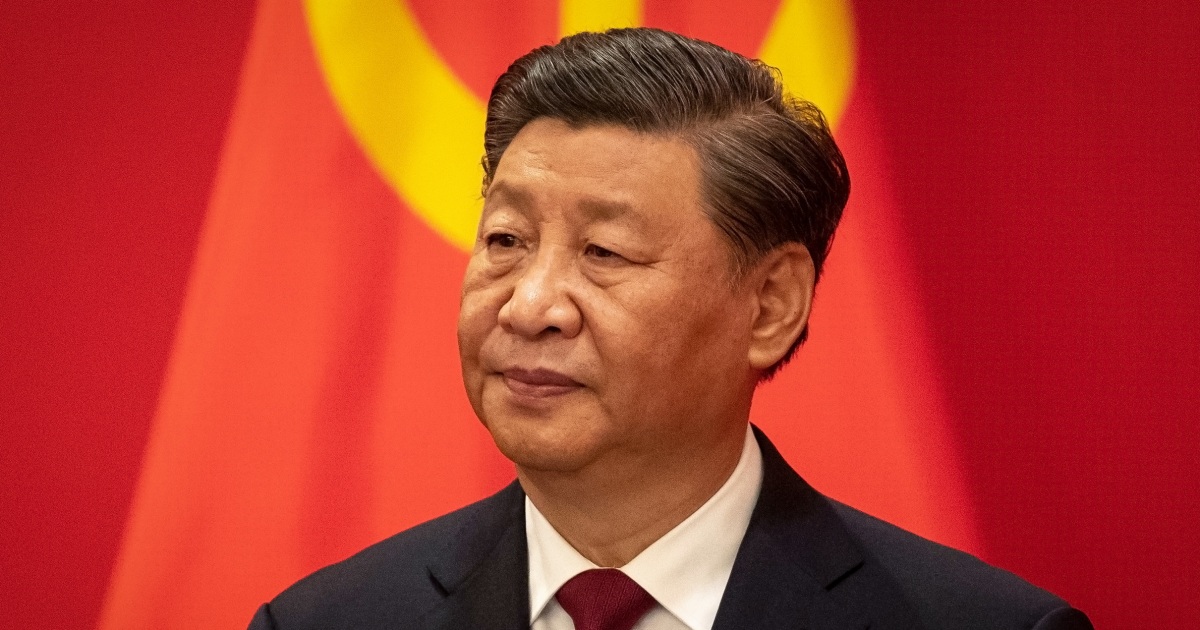
Xi Jinping, the General Secretary of the Communist Party of China (CPC) and the President of the People's Republic of China, occupies a central position in contemporary global politics. Since assuming power in 2012, Xi has overseen significant developments in China's domestic and foreign policies, steering the country towards his vision of the "Chinese Dream" and asserting China's role as a major player on the world stage. This essay explores Xi Jinping's background, rise to power, leadership style, domestic reforms, foreign policy initiatives, and the implications of his governance for China and the international community.
Background and Rise to Power:
Xi Jinping was born on June 15, 1953, into a prominent Communist Party family, with his father, Xi Zhongxun, being a revolutionary veteran and high-ranking party official. Despite his privileged background, Xi experienced hardship during the tumultuous years of the Cultural Revolution, enduring forced labor and political persecution. This formative period instilled in him a sense of resilience, pragmatism, and commitment to the Communist Party's ideology.
Xi's political career began in the 1970s when he joined the CPC and steadily rose through the party ranks, holding various leadership positions at the local, provincial, and central levels. He gained a reputation as a capable and pragmatic administrator, with stints as the party chief of Fujian and Zhejiang provinces and as the Vice President of China under Hu Jintao's administration.
In 2012, Xi Jinping ascended to the pinnacle of Chinese power, assuming the positions of General Secretary of the CPC and Chairman of the Central Military Commission. His consolidation of power was solidified in 2013 when he was elected President of China by the National People's Congress, completing his transition to China's top leadership position.
Leadership Style and Governance: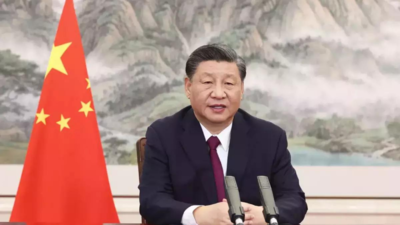
Xi Jinping's leadership style is characterized by a mix of authoritarianism, nationalism, and pragmatism. He has consolidated power to an extent not seen since the era of Deng Xiaoping, centralizing authority within the CPC and emphasizing the importance of party discipline and loyalty. Under his leadership, the party has launched extensive anti-corruption campaigns targeting high-ranking officials, which, while popular among the public, have also been criticized for their selective targeting and potential use as a tool for political purges.
In terms of governance, Xi has pursued an ambitious agenda aimed at revitalizing China's economy, enhancing social stability, and promoting national rejuvenation. His flagship initiative, the "Chinese Dream," seeks to achieve the "great rejuvenation of the Chinese nation" by realizing the "Two Centenary Goals" – building a moderately prosperous society by 2021, the centenary of the CPC's founding, and establishing a fully modernized socialist country by 2049, the centenary of the People's Republic of China.
Domestic Reforms and Policies:
Xi Jinping's tenure has been marked by a series of sweeping reforms and policy initiatives aimed at addressing various economic, social, and environmental challenges facing China. His administration has implemented measures to promote economic restructuring, innovation, and technological advancement, with a focus on shifting towards a more sustainable and consumption-driven growth model.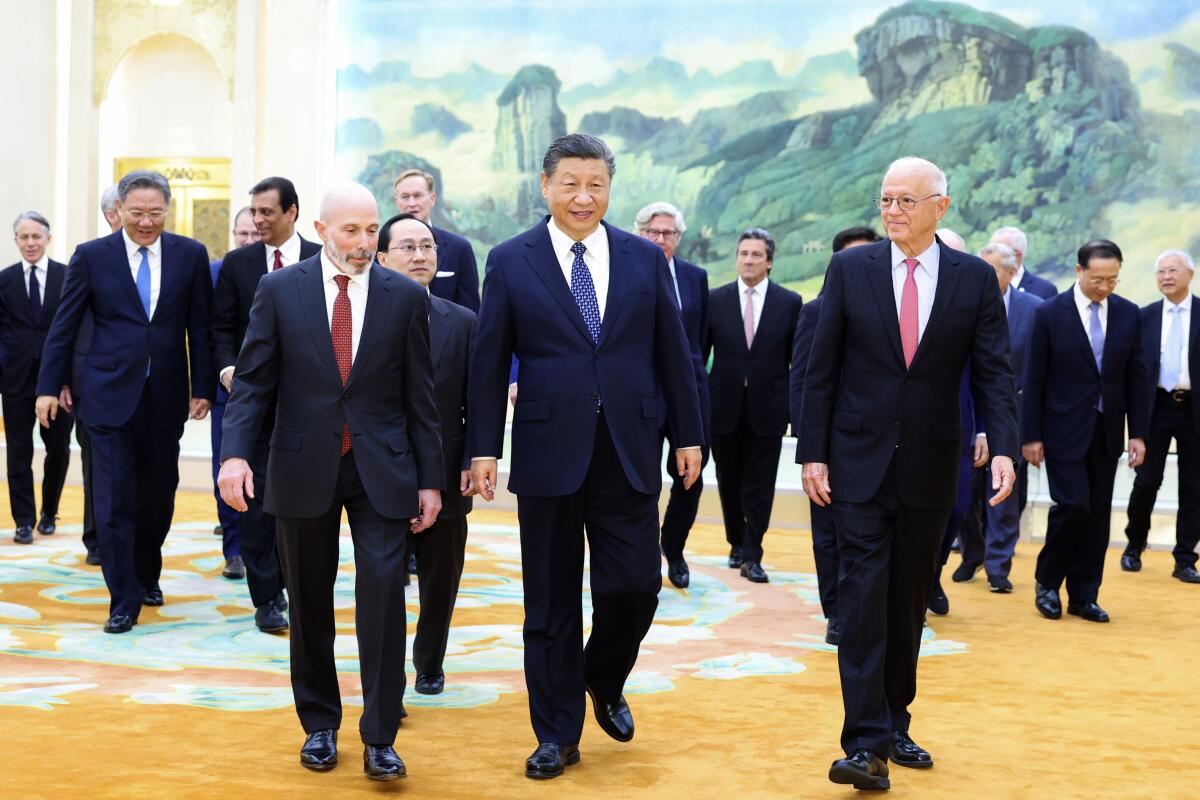
However, Xi's governance has also been characterized by increased censorship, crackdowns on dissent, and human rights abuses. The government has tightened control over the media, internet, and civil society, while dissenting voices, including activists, lawyers, and journalists, have faced harassment, detention, and censorship.
Foreign Policy and Global Ambitions:
Under Xi Jinping's leadership, China has pursued a more assertive and proactive foreign policy, aimed at enhancing its influence and promoting its interests on the global stage. The concept of "major-country diplomacy with Chinese characteristics" emphasizes China's commitment to a more active and confident role in international affairs, while the notion of a "community of common destiny" promotes the idea of shared global governance and cooperation.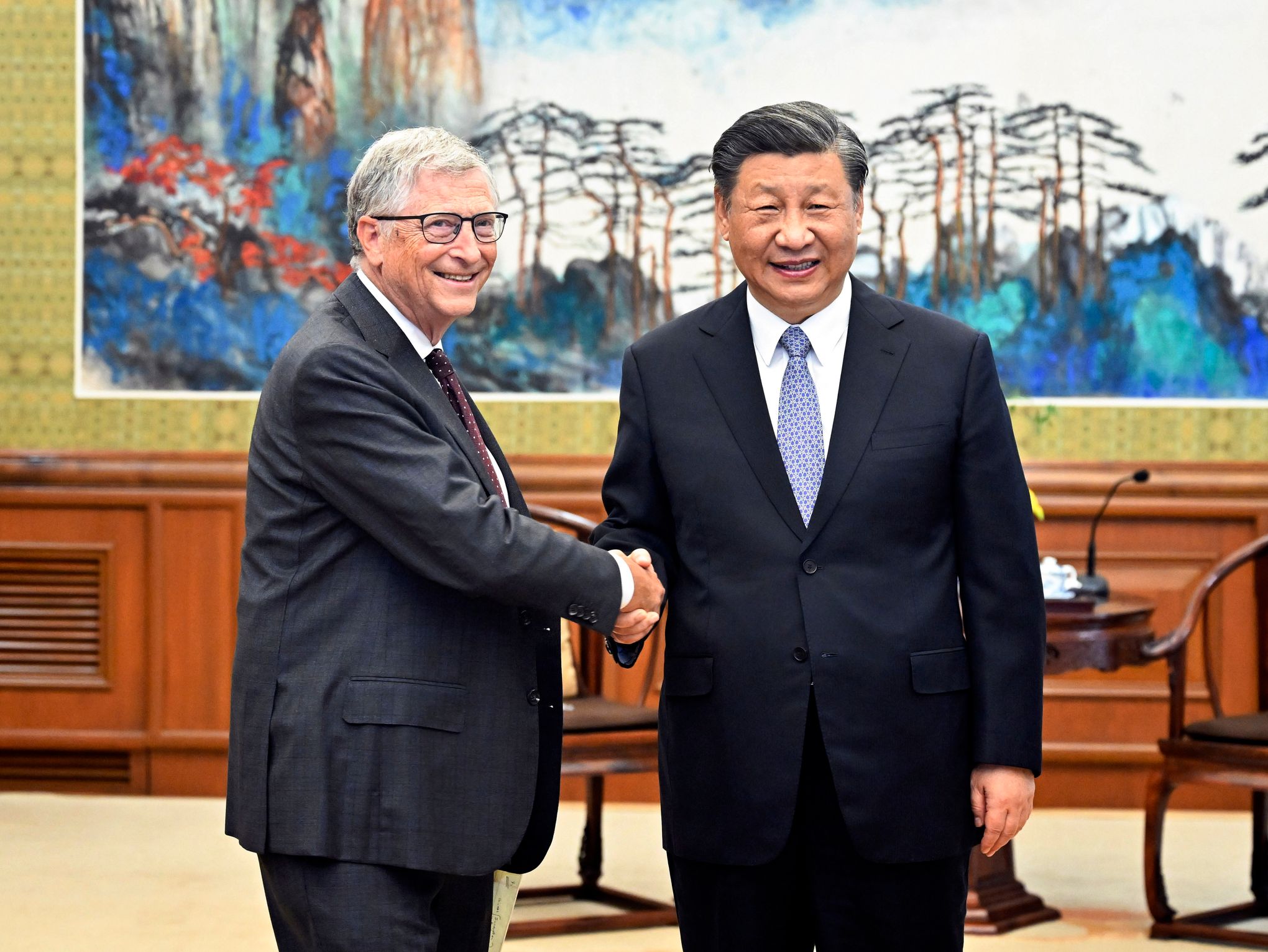 One of Xi's key foreign policy initiatives is the Belt and Road Initiative (BRI), a massive infrastructure and economic development project aimed at enhancing connectivity and promoting trade and investment along the ancient Silk Road routes. The BRI has drawn both praise and criticism, with supporters hailing it as a vehicle for economic development and critics raising concerns about debt sustainability, environmental impacts, and geopolitical implications.
One of Xi's key foreign policy initiatives is the Belt and Road Initiative (BRI), a massive infrastructure and economic development project aimed at enhancing connectivity and promoting trade and investment along the ancient Silk Road routes. The BRI has drawn both praise and criticism, with supporters hailing it as a vehicle for economic development and critics raising concerns about debt sustainability, environmental impacts, and geopolitical implications.
Xi Jinping has also sought to strengthen China's military capabilities and assert its sovereignty claims in contested regions such as the South China Sea and Taiwan. The Chinese government's assertive actions in these areas have raised tensions with neighboring countries and drawn criticism from the international community, particularly the United States and its allies.
Implications and Challenges: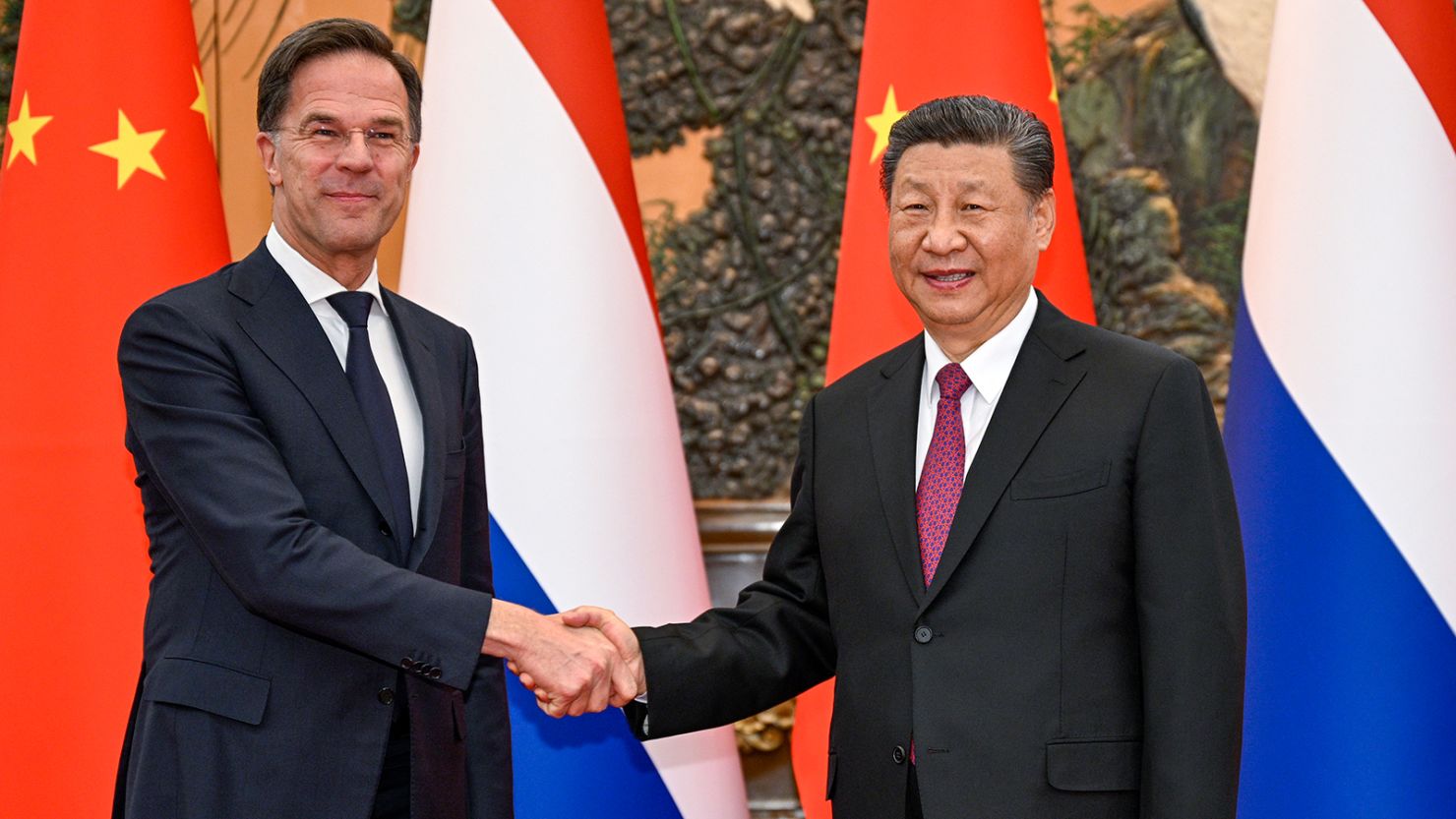
Xi Jinping's leadership has significant implications for China's future trajectory and its relations with the rest of the world. His consolidation of power and assertive foreign policy stance reflect China's growing confidence and ambition on the global stage, but also raise concerns about the potential for conflict and instability.
Domestically, Xi's authoritarian governance model has bolstered stability and enabled the implementation of ambitious reforms, but has also led to increased repression and curtailment of civil liberties. Economic challenges, including slowing growth, rising debt levels, and structural imbalances, pose ongoing risks to China's long-term stability and prosperity.
Internationally, China's rise as a global power has led to increased competition and tensions with the United States and other countries, particularly in areas such as trade, technology, and geopolitics. The rivalry between the world's two largest economies has implications for global governance, regional stability, and the future of the international order.
Xi Jinping's leadership is reshaping China's domestic politics, economy, and society, while also exerting a significant influence on the global stage. His consolidation of power, assertive foreign policy stance, and ambitious reform agenda reflect China's emergence as a major player in international affairs.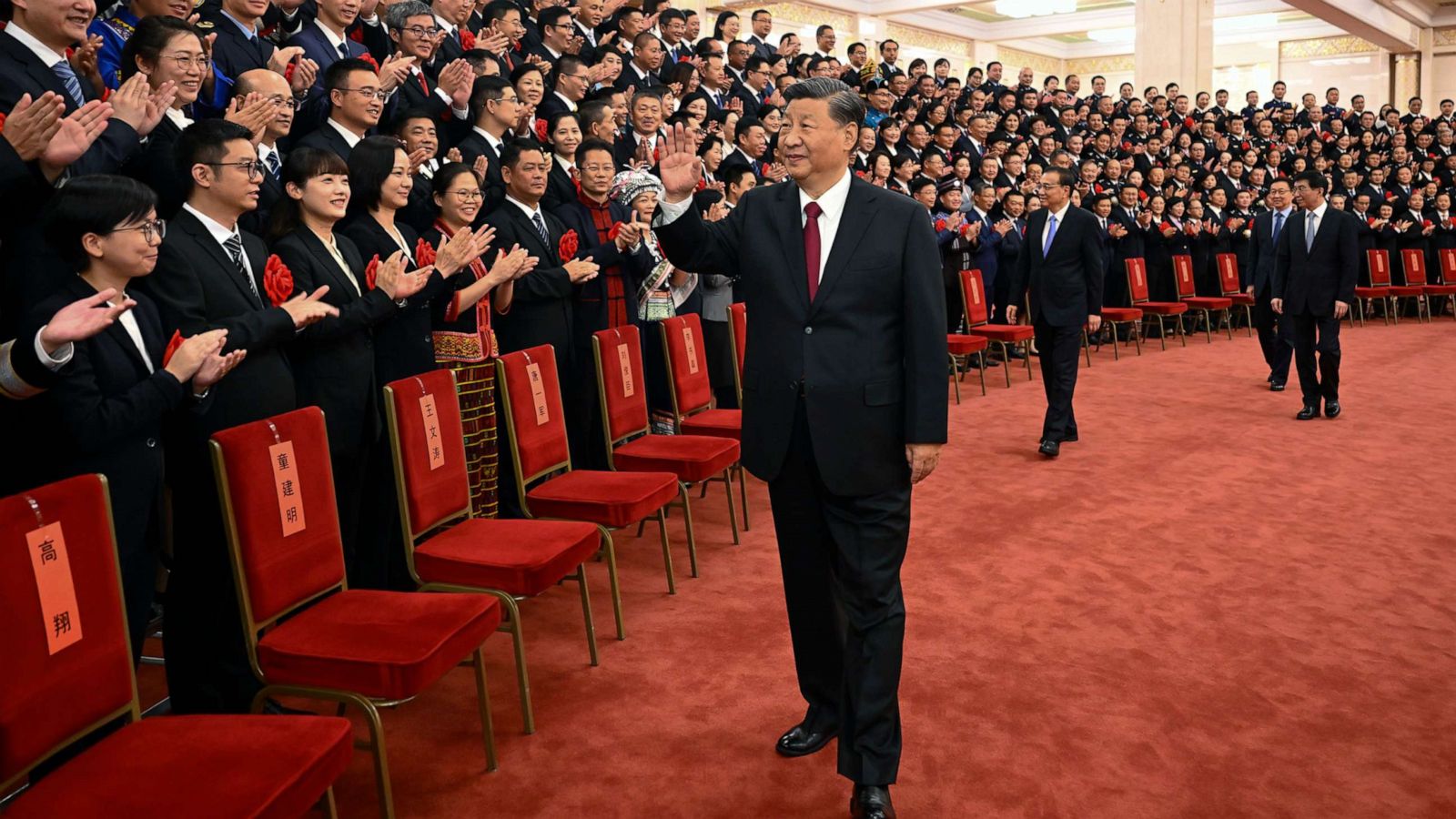 However, Xi's leadership also raises concerns about the erosion of political freedoms, human rights abuses, and the potential for conflict and instability. As China continues to navigate the complexities of domestic reform and global engagement, the implications of Xi Jinping's governance for China and the world are likely to be felt for years to come.
However, Xi's leadership also raises concerns about the erosion of political freedoms, human rights abuses, and the potential for conflict and instability. As China continues to navigate the complexities of domestic reform and global engagement, the implications of Xi Jinping's governance for China and the world are likely to be felt for years to come.






































